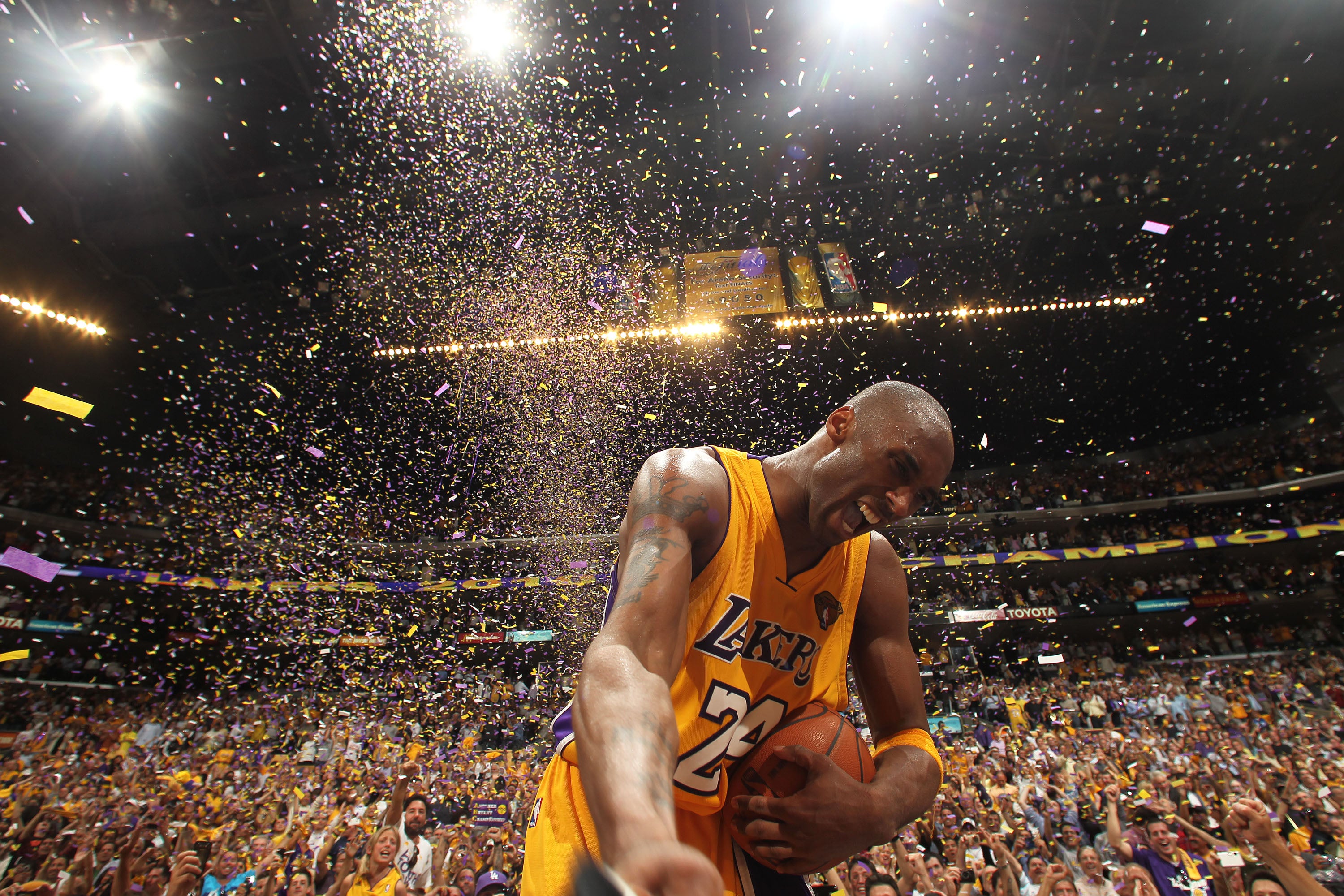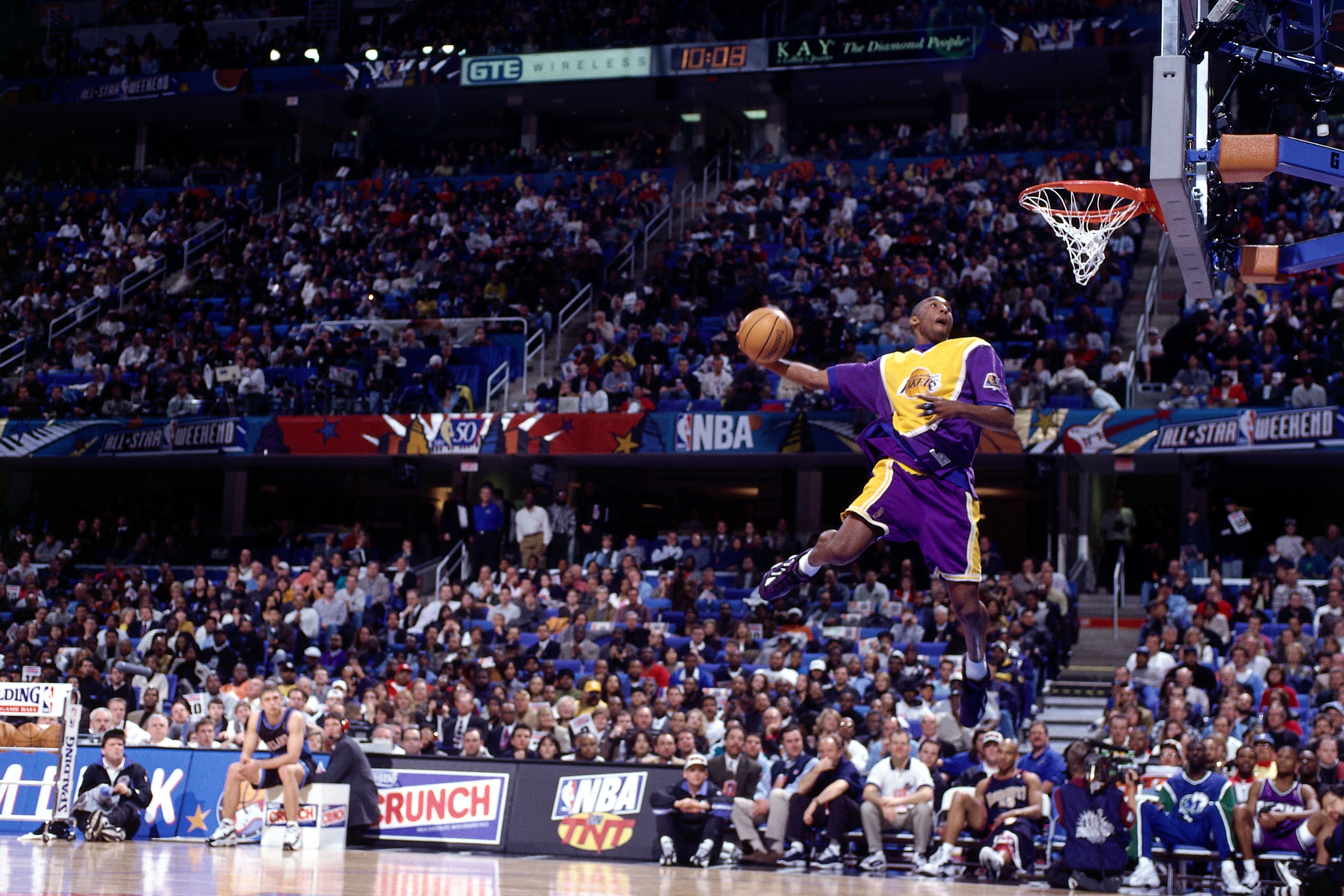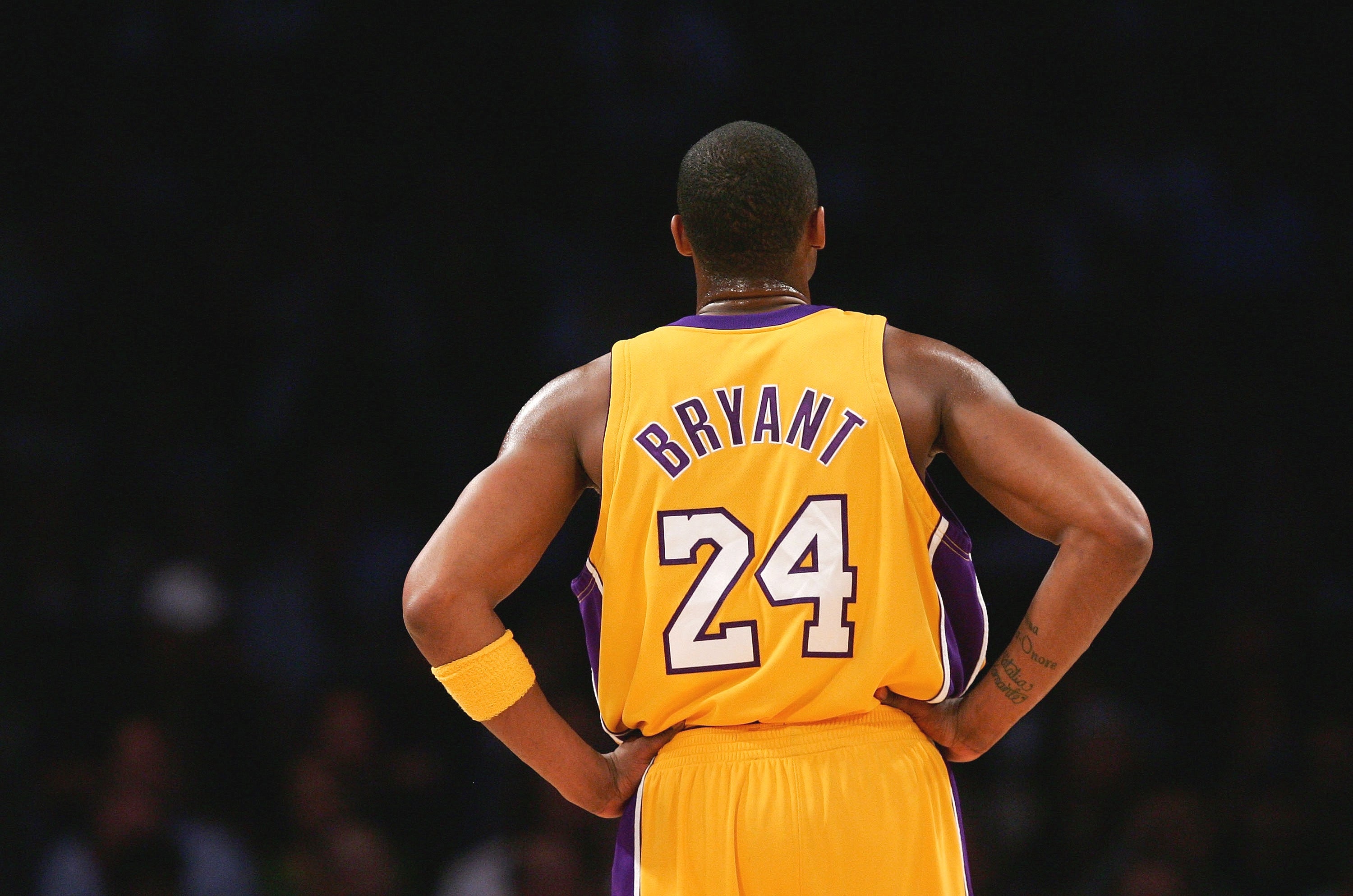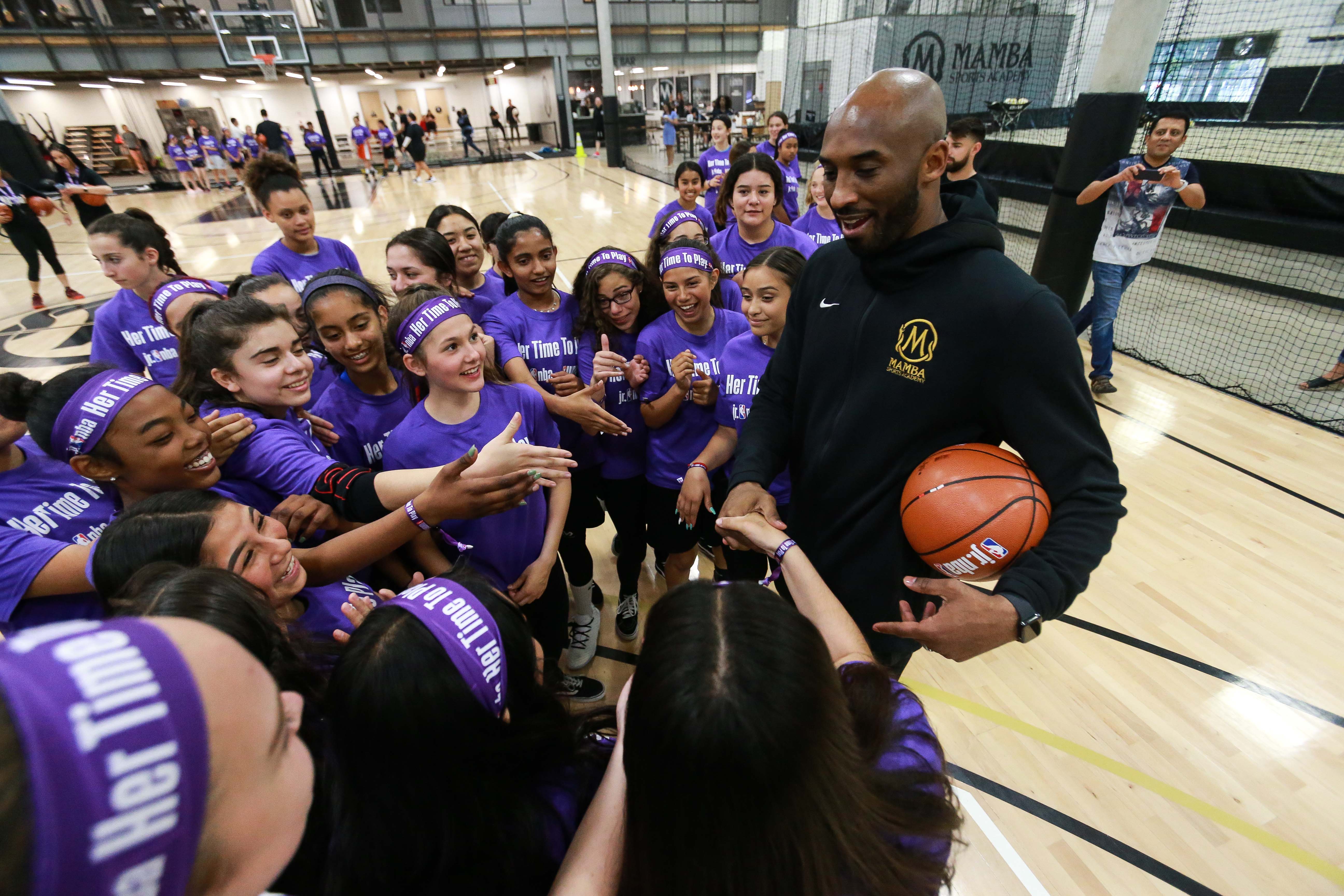Kobe Bryant, 41, and his daughter Gianna, 13, both passed away in a helicopter crash in Calabasas, California Sunday afternoon.
I am still shocked coming to grips with this tragedy even while writing this.
The former Los Angeles Lakers star and NBA legend perished in a startling accident, along with seven other people. Bryant is survived by his wife Vanessa, 37, and three daughters Natalia, 17, Bianka, 3, and Capri, who is less than a year old.
Kobe Bean Bryant will go down in history as one of the greatest players to ever play the game. His impact on his sport will undoubtedly leave an impact on the NBA that will reverberate through sports for decades to come.

He was one of the first high school players to forego college to enter the league with a phrase that would become common amongst others of his ilk. “I… have decided to skip college and take my talents to the NBA.”
Bryant had built his name as a budding phenom as a shooting guard at Lower Merion High, where he played on the varsity team as a freshman. The next three years of his high school career, the Aces would post a 77-13 record, with Bryant averaging 31.1 points, 10.4 rebounds, and 5.2 assists during his junior year. His announcement meant that colleges such as Duke, Michigan, North Carolina and Villanova would never get a chance to nurture the then-17-year-old’s burgeoning skills.
At a time when prep-to-pro NBA players were not very common, Bryant bypassed officially visiting any campuses and would go on to become the first guard ever drafted — at no. 13 by the Charlotte Hornets — directly out of high school. In his first season, Bryant became the youngest player ever to play in an NBA game (18 years, 72 days) and the youngest NBA starter ever (18 years, 158 days). Even on limited minutes, the future Laker great would participate in the 1997 All-Star weekend as the youngest Slam Dunk Contest winner at only 18-years-old.

In the 1999-2000 playoffs, coach Phil Jackson, his infamous Triangle Offense, and domineering center Shaquille O’Neal connected with Bryant to restore the team atop the NBA hierarchy by winning not one, not two, but three championships in 2000, 2001, and 2002, respectively. Bryant, who was then wearing No. 8, torched the competition with a clutch moment in NBA post-season history with an alley-oop pass to O’Neal to clinch the Western Conference championship.
At age 23, Bryant became the youngest player to win three championships, and with his advanced play and intellect, he would quickly become known as the game’s most “clutch player.”
In the shadow of the 2003-2004 season, Bryant’s time on the floor would be remembered more for his arrest for sexual assault in Colorado and his travels from court to the games than his friction between co-stars Shaquille O’Neal, Karl Malone and Gary Payton. The worst moment of his public life did not define the rest of his life, but also cannot be ignored. For all of the buzzer beating and chest-thumping moments, this was a part of his history, too. It did not end his career, or land him in jail, or destroy his image as a family man. This was part of it.
A jersey change from No. 8 to No. 24 in 2005-2006 would rehabilitate the public image of Kobe Bean Bryant, while allowing him to create the person of “The Black Mamba” on the basketball court. He scored 62 points in three quarters against the Dallas Mavericks to become the only player in NBA history to outscore an entire team since the introduction of the shot clock. Bryant would then score a career high 81 points against the Toronto Raptors in the Staples Center to become the second-highest single scoring performance in NBA, surpassed only by Wilt Chamberlain’s 100-point game in 1962.

Without Shaq and without Phil Jackson, Bryant, with the will that God etched into his soul, would win his fourth and fifth NBA championship against the Orlando Magic and Boston Celtics, the latter coming in a rematch and marked the first time the Lakers won a Game 7 against their heated rivals. The Black Mamba would give us dominant game-winning moments against the Sacramento Kings, the Memphis Grizzlies, the Boston Celtics and the Toronto Raptors. And while injuries would plague Bryant, his “Mamba Mentality” would not let him ride off into the sunset as a lesser-than type of player.
His “Dear Basketball” poem showed everyone who was ever passionate about anything just what the sport meant to him, and his farewell tour around the league allowed the game to return the favor. On his last game ever, April 13, 2016, Bryant scored an NBA season-high 60 points against Utah, outscoring the entire Jazz team 23-21 in the fourth quarter, winning the game 101-96, and became the oldest player to score 60 or more points in a game (37 years, 234 days).

Kobe Bean Bryant, the only NBA player in history to clock a 20-year career with one team, was more than his stats, more than his faults, and more than a basketball player. His unbelievable work ethic, his high threshold for pain, his unconquerable spirit on-and-off the court belied the intellectual genius within. As one of the NBA’s ultimate competitors, Bryant was as driven as anyone could be, but in retirement, he would channel his energy into championing young women in basketball.
“No NBA player supported the WNBA or women’s college basketball more than Kobe,” former WNBA player Rebecca Lobo tweeted in remembrance of No. 24. “He attended games, watched on TV, [and] coached the next generation.” For more than half of his life, Bryant was famous and known around the world. He was the link between Michael Jordan and LeBron James. Despite being known as one of those one-name stars, Bryant was driven to write a worthy second act to his public life through his daughter, Gianna, and his family.
And he did.
Kevin L. Clark (@KevitoClark) is a Brooklyn-based music journalist, screenwriter and recent kidney transplant recipient who is raising awareness about his Mighty Healthy crowdfunding project on Seed&Spark.
